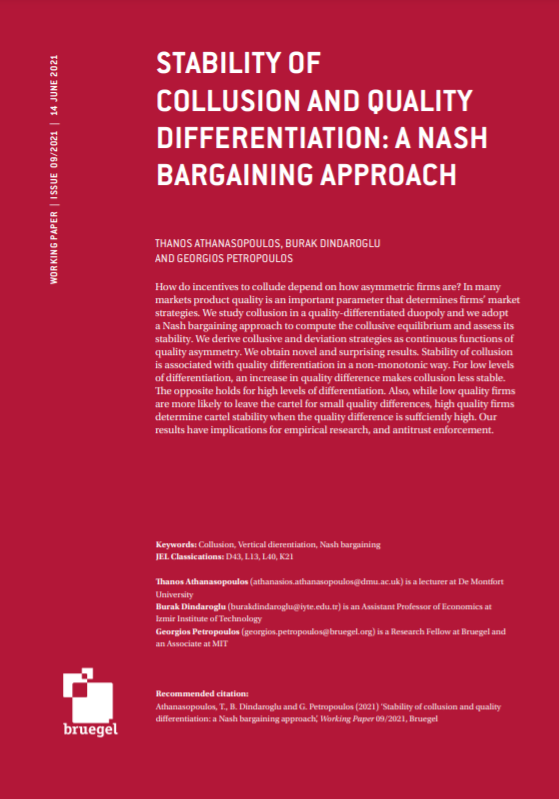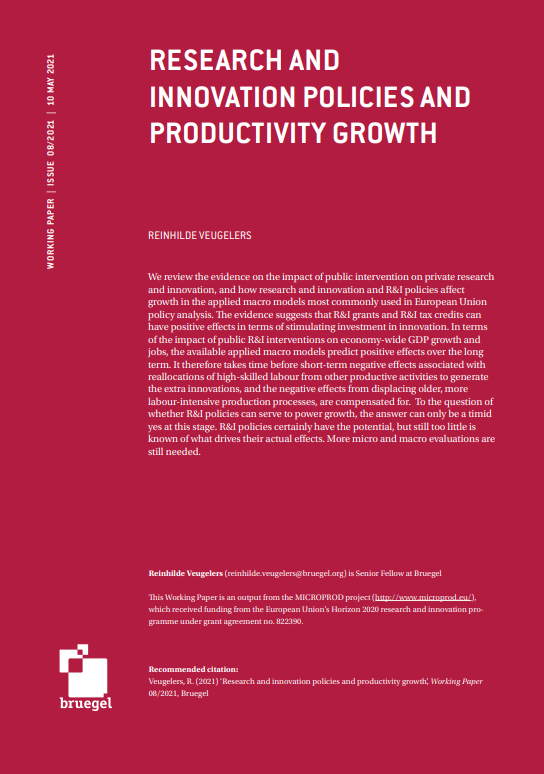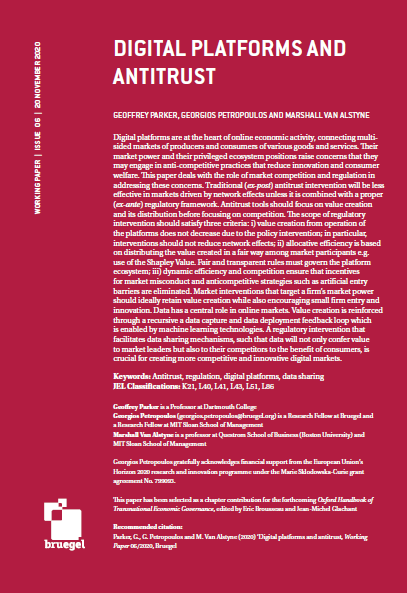Blog Post
Huawei vs ZTE judgement: a welcome decision?
Today the European Court of Justice (ECJ) will rule on a dispute between Chinese tech companies Huawei and ZTE regarding a patent “essential” to the “Long Term Evolution” (LTE) wireless broadband technology standard.
The legal dispute originates in the Düsseldorf District Court (Landgericht Düsseldorf), where Huawei sought an injunction against ZTE after attempts between the two companies to find an agreement on fair, reasonable, non-discriminatory (FRAND) terms were unsuccessful. This ruling is highly anticipated since it is likely to bring some clarity over what are to be considered in Europe anticompetitive conducts in relation to Standard-Essential Patents (SEPs), an area where several high-profile cases (e.g. Samsung and Google/Motorola Mobility) have been recently investigated by the European Commission.
Standards foster economic development. They reduce transaction and production costs; they increase efficiencies, limit asymmetric information between producers and consumers, make it more viable to invest in innovation and reduce the level of uncertainty about the outcome of R&D investment. Standards ensure network interoperability: to be sure, when you pick up your mobile phone and call a friend, you are happy that your devices can easily interconnect through the same network technology. But standards are tricky matters for antitrust authorities. Once competing technologies are eliminated in favour of the selected technology, the owners of patents essential to that standard might try to extract monopolistic rents from users of the technology. To avoid this, standard-setting organisations usually require patent owners to commit to charge a FRAND price once the standard has been adopted (see Mariniello 2013). This is what the European Telecom Standardisation Institute did when the 4G LTE standard was adopted.
The main question the ECJ judgement is supposed to provide a reply to is under which conditions a SEP-holder seeking an injunction is abusing its (presumed) dominant position. The Advocate General’s opinion published last November, while non-binding, is likely to provide a preview of the content of the ECJ ruling. In the Advocate General’s opinion, a SEP-holder seeking an injunction is not breaking its FRAND commitment and abusing its dominant position if, before seeking the injunction:
i. it notified the alleged infringer that it was infringing some of its SEPs and
ii. it engaged in negotiations by presenting the alleged infringer with a written offer on FRAND terms specifying all terms and conditions that are part of a normal licensing contract in the sector, including the royalty rate to be applied and the way it is calculated.
In turn, a prospective licensee must respond to that offer in a diligent and serious manner in order not to be considered “unwilling” to reach an agreement. If the prospective licensee does not accept the SEP’s offer, it must promptly come up with a reasonable counterproposal. Even in cases in which an agreement between the two parties could not be ultimately found, the alleged infringer’s behaviour should still be considered willing to reach an agreement if it offers to have the FRAND terms of the licensing contract determined by a Court or an arbitration tribunal. Finally, the prospective licensee conduct should not be considered as dilatory or not serious if it reserves the right to challenge the validity of the patent in court. This is good, as there is a public interest in having “bad” patents (i.e. patents which should not have been issued in the first place) invalidated and prospective licensee should not be forced to give up this right in order to have access to technology the licensor has promised to provide under FRAND terms. If the alleged infringer does not follow these steps and its conduct can be characterised as purely tactical, dilatory or not serious, the request for an injunction by a SEP-holder does not constitute an abuse of dominant position, according to the Advocate General.
In practice, for the Advocate General both the SEP holder (licensor) and the alleged infringer (prospective licensee) should comply with their duty of good will and engage in a constructive negotiation in order to achieve a mutually satisfactory solution. The framework proposed by the Advocate General therefore balances the interests of prospective licensees, which made standard-specific investments relying on the licensors’ promise of giving access to the technology on “fair, reasonable and non-discriminatory” terms and may see these investments “held up” by the SEP-holder, and the ones of licensors whose already-sunk own R&D investments could be “reverse held up” by a “tactical” licensee. In so doing, this opinion is welcome.
The opinion also briefly discusses whether holding a SEP should immediately imply a dominant position, arguing that while the essential nature of the patent is likely to make dealing with a SEP-holder indispensable for any prospective licensees, this presumption should be rebuttable if sufficient evidence of the contrary is provided.[1] Once again the opinion seems to strike the right balance between preserving the rights of patent holders while protecting potentially locked-in licensees.
[1] The right time when to evaluate the indispensability, and therefore whether the SEP-holder is to be considered dominant, is the time when the agreement was sought. It would be mistaken to determine that a SEP-holder was not dominant because ex-post the patent is discovered to be invalid or not essential to the standard, since the prospective licensee, at the time of the negotiation might have been unable to foresee such an occurrence and would have likely negotiated under the presumption that the patent was both valid and essential.
Republishing and referencing
Bruegel considers itself a public good and takes no institutional standpoint. Anyone is free to republish and/or quote this post without prior consent. Please provide a full reference, clearly stating Bruegel and the relevant author as the source, and include a prominent hyperlink to the original post.










